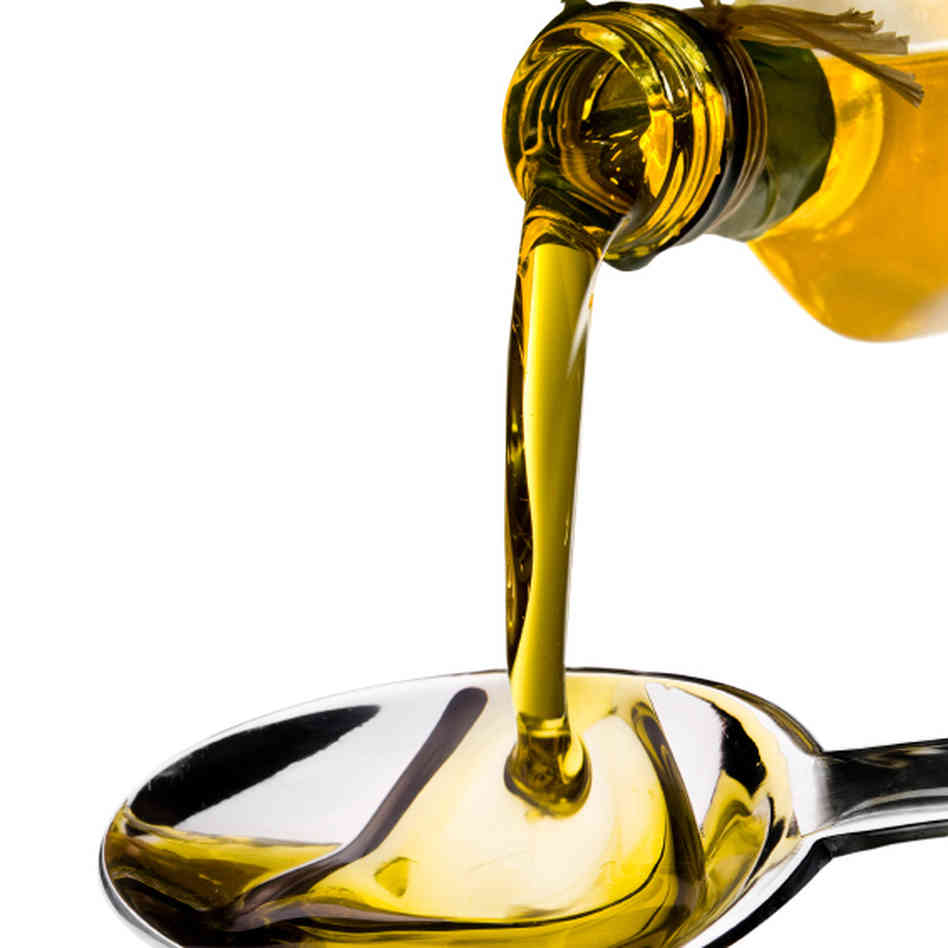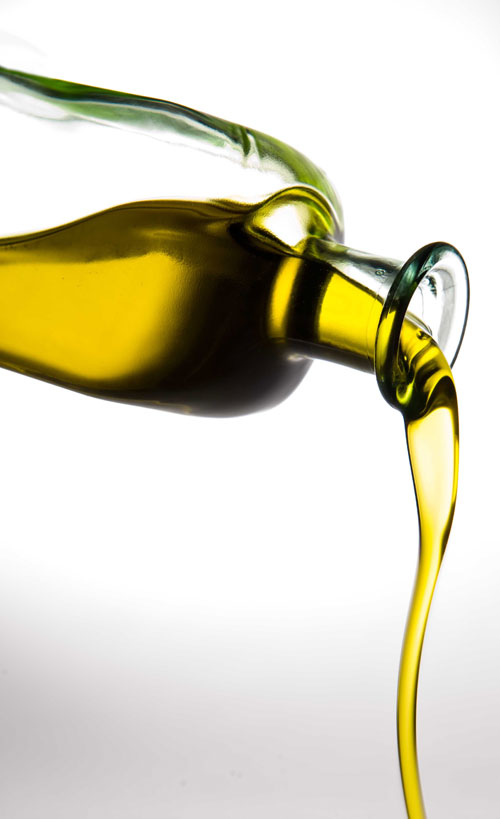 Olive oil does not make us put on weight!!! Some may assure that olive oil makes us put on weight and it is true that the oil has a high content of calories, but that does not necessarily mean that it is going to make us put on weight. In fact, there is no scientific research supporting this. However, there are some reviews in which scientists state that extra virgin olive oil makes us lose weight. Yes, that’s what I’ve written: Extra virgin olive oil makes us lose weight. Continue reading
Olive oil does not make us put on weight!!! Some may assure that olive oil makes us put on weight and it is true that the oil has a high content of calories, but that does not necessarily mean that it is going to make us put on weight. In fact, there is no scientific research supporting this. However, there are some reviews in which scientists state that extra virgin olive oil makes us lose weight. Yes, that’s what I’ve written: Extra virgin olive oil makes us lose weight. Continue reading
Category Archives: Olive oil review
Is it advisable to use extra virgin olive oil in frying? Definitely, yes
Is it advisable to use extra virgin olive oil in frying?
There is a lot of doubt concerning the use of extra virgin olive oils in cooking. Some state that its consumption may be advisable only as a raw food because oil can lose its properties when heated. Others recommend to use it only as a raw food and to use other oils of less quality when frying, hiding behind the trite “olive oil makes you fat”.
Nothing further from the truth. Extra virgin olive oil is the best option for frying due to its heat resistance, which is better than others’. However, it is important to keep an eye on the heat subjected to oils. It is not recommendable to heat oils until they smoke and it is advisable to maintain temperature under 180ºC. The oil, when heated, does not lose any of its properties and continues to be a food full of healthy and nutritional properties for our body and, definitely, “it does not make us fat”.
It is important to know the role of oil when frying food. When the food is added to a frying pan, the oil creates a thin film around the piece of food that becomes gold and crusty with heat. This thin cover avoids the oil soaking in the food and in this way the nutritional properties of the food are preserved. Continue reading
Europa toughens the regulations on olive oil commercialization and production
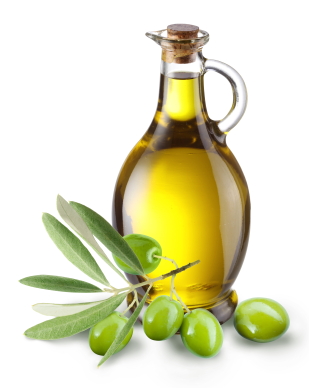 Europa toughens the regulations on olive oil commercialization and production. This reform will affect, basically, labeling and bottling of oils, as well as naming and quality controls in order to assure olive oil quality and avoid fraud as much as possible.
Europa toughens the regulations on olive oil commercialization and production. This reform will affect, basically, labeling and bottling of oils, as well as naming and quality controls in order to assure olive oil quality and avoid fraud as much as possible.
Until now several regulations have been approved concerning labeling. They determine the compulsory of defining oil origin in oil bottles. It is necessary to define whether oil comes from the EU, from outside the EU or if it is a mixture from different vegetable oils. However, when approved, these measures did not have a warm welcome because they were damaging directly two of the most important oil exporters in the world: Spain and Italy. Continue reading
Extra virgin olive oil types: varieties, tastes, acidity and peroxides
Between high quality extra virgin olive oils, there are many different products which may vary depending on taste, variety, type, acidity and peroxide presence.
Extra virgin olive oil types: Coupage and Monovarietal
The first difference between extra virgin olive oils is related to the type of oil. Coupage is a kind of oil elaborated with the juice of different kind of olives. This mixing of olives is done in order to obtain a special liquid with a very special taste. This olive oil is very exclusive and attractive for consumers and is considered pure traditional craftwork.
The monovarietal oil is a juice carefully obtained from the same kind of olive. It is also very exclusive, for the discerning palate. Continue reading
Acidity levels in good olive oils
Acidity levels in good olive oils:
A couple of days ago I wrote an article about the benefits of oleic acid, a fatty acid present in the triglycerides of olive oil. Today I am going to explain the different grades of acidity in olive oils, what that grade of acidity means and which levels correspond to best oils.
With this aim, it is important to analyze the features and qualities of the most important fatty acids that form the triglycerides of olive oil: oleic, linoleic and linolenic acids. The oleic acid is a fatty acid present in a very high proportion in olive oils; nearly the 75% of its composition. Decreasingly, in a second place, the linoleic acid is in between 3.5%-21%. As in the case of the oleic acid, our body is not able to synthesize it; therefore, its consumption is necessary and beneficial. Continue reading
Incoming search terms:
Benefits of olive oil consumption in our health
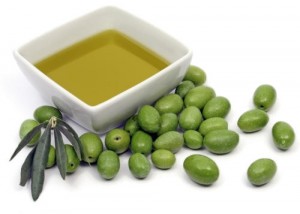 In Antiquity, Greeks and Romans worked the land to produce olives and olive oil. Since then, these products are used in cosmetics, gastronomy, food preserving, industry, health, etc. All these useful possibilities come from the multiple properties of olive oil.
In Antiquity, Greeks and Romans worked the land to produce olives and olive oil. Since then, these products are used in cosmetics, gastronomy, food preserving, industry, health, etc. All these useful possibilities come from the multiple properties of olive oil.
The olive oil has a very high percentage of triglycerides. One of these is the oleic acid, which constitutes the 75% of olive oil. This acid contributes to benefit health, more specifically the cardiovascular and hepatic systems. This component is known as one of the essential acids which are basic for the development of life. Unfortunately, our body is not able to synthesize it and, consequently, it is very important for us to include it in our dairy food consumption. Continue reading
Spanish olive oil, main ingredient of Italian olive oil
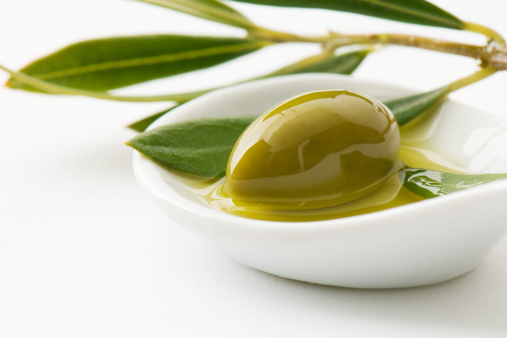 Less than a year ago, a surprising article was published causing alarm among the international olive oil sector. A very well known Spanish newspaper brought to light the great swindle of Italian olive oil companies. This swindle prejudices consumers and, above everything, the international vision of Italy as one of the leading countries in Mediterranean products.
Less than a year ago, a surprising article was published causing alarm among the international olive oil sector. A very well known Spanish newspaper brought to light the great swindle of Italian olive oil companies. This swindle prejudices consumers and, above everything, the international vision of Italy as one of the leading countries in Mediterranean products.
It is quite shocking that such a country, with those wide and huge lands and its cultural and gastronomic heritage, is taking a lot of effort in buying Spanish olive oil in bulk in order to label and sell it as if it was Italian oil. After all, Italy is one of the leading Mediterranean countries in a matter of agriculture and gastronomy products. Italy is a country with more than 900.000 hectares dedicated exclusively to olive growing and for this reason this country should invest all of its efforts in exploiting its denomination of origin and compete against Spain for being the highest quality olive oil producer in the world. Continue reading
Low quality olive oils sold as extra virgin olive oil
Please, pay close attention to the recent conclusions reached by the Spanish User and Consumer Organization in relation to the commercialization of different olive oils. It seems that not every single olive oil bottle labeled as Extra Virgin is really what it seems. Several olive oil trademarks have been analyzed and it has been detected that the quality levels of their olive oil products are not suitably labeled. Therefore, it is possible to find virgin olive oil considered and sold as if it was extra virgin olive oil.
The main differences between virgin olive oil and extra virgin olive oil begin in lands and basically depend on the olive fruit condition and the elaboration process in the Oil Mills, the mill used for making olive oil. If the fruits are in perfect conditions, these are washed and ground the same day of harvesting, then the oil is extracted from the fruit at a low temperature and then it is stored in tanks. Surely, the resultant oil will be of best quality, an excellent liquid with perfect taste and scent. Continue reading
